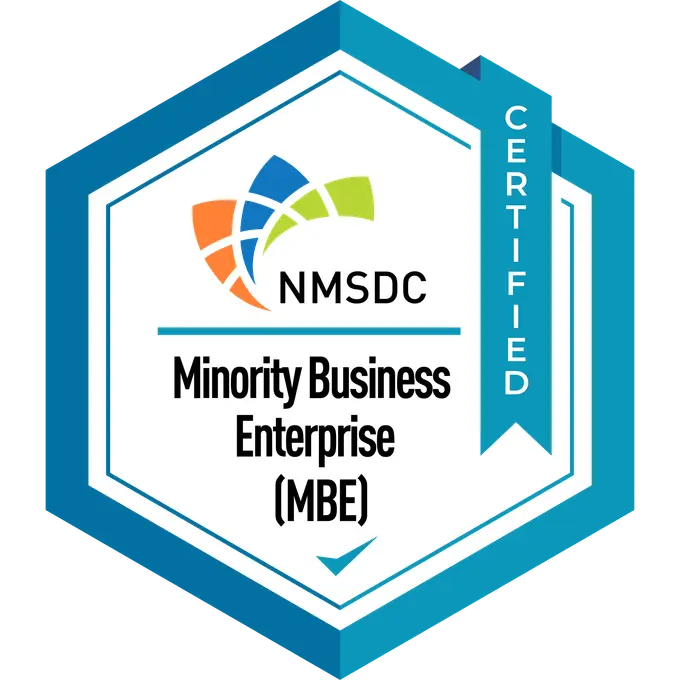Understanding Common Database Threats
Common threats to your organization’s database include:
- SQL Injection: This threat occurs when attackers inject malicious code into web-based applications to manipulate the backend database. It leads to unauthorized access to sensitive data.
- Denial of Service (DoS): By overwhelming your server, DoS attacks slow down your system and degrade service quality. The result is a very poor user experience.
- Poorly Managed Sensitive Data: Inadequate data management practices can leave your organization’s sensitive data vulnerable to cyber-attacks. This can put you at risk for significant data exposure.
- Weak Audit Trails: Insufficient tracking of database events can lead to severe complications. This is of particular concern when your organization faces audits for data storage practices.
- Misconfigured Databases: Databases not properly configured or left with default settings invite cyber threats. This makes your database an easy target for attackers.
Getting Ahead of Database Threats
Identifying these threats necessitates a vigilant, proactive approach. One essential strategy is database vulnerability scanning. This process involves systematically examining your database for known vulnerabilities, such as misconfigurations, unprotected sensitive data, and potential entry points for SQL injections. Regularly conducting vulnerability scans can help you detect issues early, before attackers exploit them..
Additional steps to enhance database security include:
- Implementing Strong Access Controls: Using robust authentication mechanisms, limit database access to authorized personnel.
- Regularly Updating and Patching: Keep your database software and related applications up-to-date to protect against known vulnerabilities.
- Encrypting Sensitive Data: Use encryption for data at rest and in transit, making it unreadable to unauthorized users.
- Monitoring and Alerting: Deploy monitoring tools to detect unusual activities indicative of a breach and set up alert systems for immediate notification.
- Educating Employees: Train your staff on cybersecurity best practices, and the importance of securing data, as human error remains a significant vulnerability.
Navigating Database Security is an Ongoing Process
Navigating database security and preventing cyber threats is not a one-and-done effort. It requires ongoing diligence, awareness, and a commitment to best practices. A breach can have devastating consequences, not just financially but also in terms of customer trust and brand reputation.
Cornerstone Data Systems is at the forefront of securing your digital assets against the evolving landscape of cyber threats. Focusing on cutting-edge database administration services and a commitment to security excellence, we offer the expertise and tools necessary to protect your organization’s most valuable data.
Don’t wait for a breach to realize the importance of database security. Contact Cornerstone Data Systems today to learn how our tailored solutions can safeguard your business in the era of cyber threats. Together, we can build a more secure digital future.
Share This Story, Choose Your Platform!
Start The Conversation Today!
- Schedule Your Consultation
- Enjoy a Personalized Strategy Session
- Level-Up Your IT





